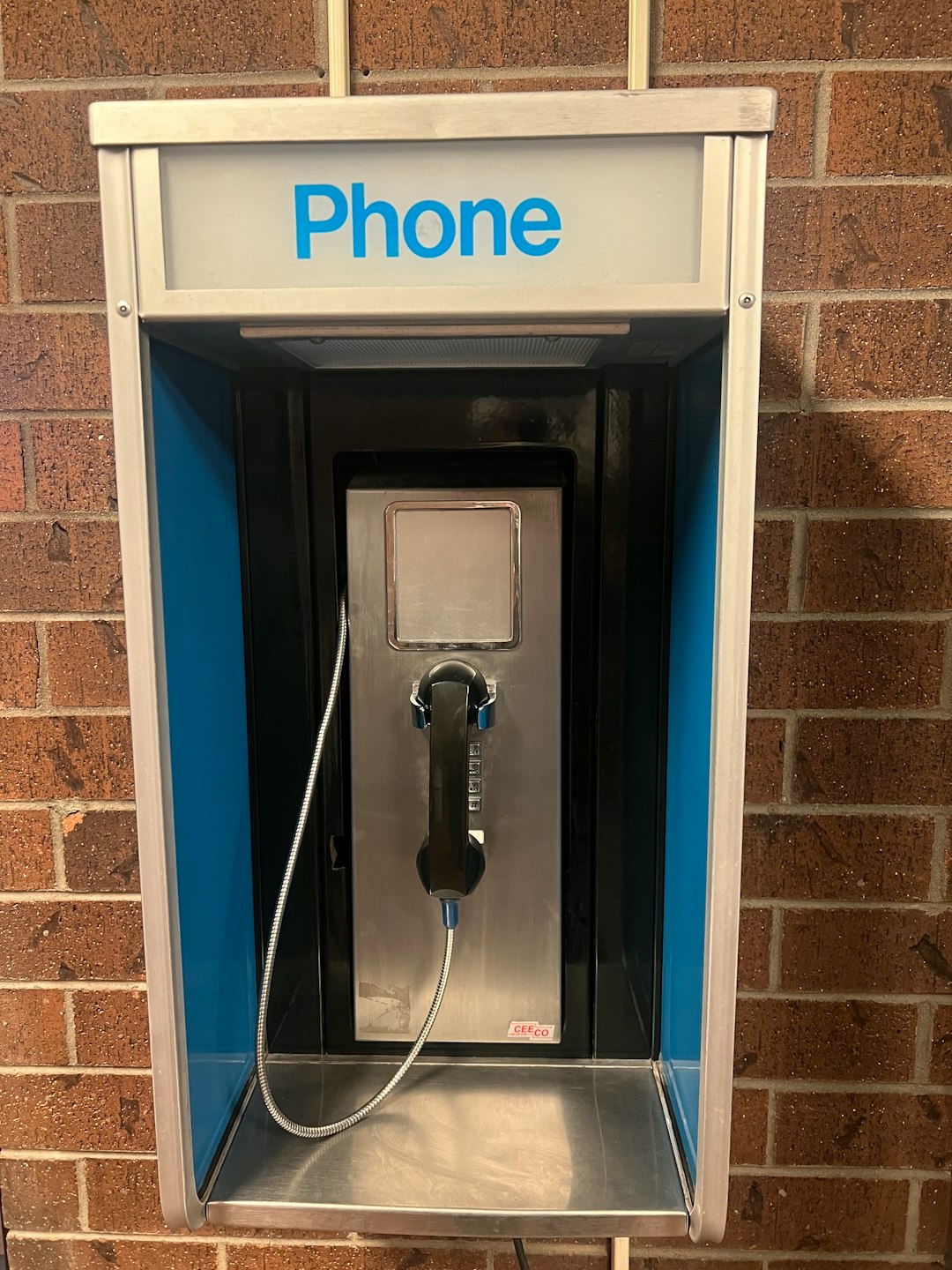In Kansas, both debtors and creditors are protected by balanced debt collection laws, including the Kansas Consumer Protection Act (KCPA). Debtors should know their rights, such as limits on communication methods and collector validation requirements, to avoid "Do Not Call" violations. Written contracts are vital for debt collection, providing clarity and protections with specific terms like debt amount, interest rates, and repayment plans. Kansas law safeguards consumers from unfair practices, prohibiting harassment, false claims, and coercion, while empowering debtors to assert their rights fairly. Creditors can collect debts according to agreed-upon contracts but must follow legal procedures, maintain clear communication, and avoid abusive tactics.
In Kansas, understanding debt collection laws is crucial for both debtors and creditors. This article serves as a comprehensive guide, delving into the key provisions and protections offered by state legislation regarding written contracts. We explore the rights and responsibilities of each party, ensuring a clear framework for navigating financial disputes. By familiarizing yourself with these laws, you can protect your interests and make informed decisions in Kansas’ debt collection landscape.
Understanding Kansas Debt Collection Laws

In Kansas, debt collection laws are designed to protect both debtors and creditors, striking a balance between ensuring timely payment and maintaining fair practices. When it comes to written contracts, understanding the legal framework is crucial for all parties involved. Kansas law firms specializing in debt collection must adhere to strict regulations, including the Kansas Consumer Protection Act (KCPA), which prohibits abusive, unfair, or deceptive acts or practices in collecting consumer debts.
Debtors should be aware of their rights under these laws, particularly regarding communication from collectors. The KCPA limits the number of calls and certain types of contact methods, such as phone calls before 8:00 a.m. or after 9:00 p.m., and requires collectors to provide validation of the debt upon request. By understanding their rights, debtors can navigate the process with confidence, ensuring that their interactions with debt collection agencies remain within legal boundaries.
Written Contracts: Key Provisions and Protections

In Kansas, written contracts are a fundamental aspect of debt collection laws, offering both protections and provisions for debtors and creditors alike. When entering into a written agreement, it’s crucial to understand key elements that govern the relationship between parties. These include clear terms outlining the debt amount, interest rates, repayment schedules, and consequences for default. Such transparency ensures both parties are aware of their rights and responsibilities from the outset.
Additionally, Kansas law safeguards consumers from unfair collection practices. Written contracts must adhere to state regulations, ensuring debtors are treated fairly and with respect. This includes prohibiting creditors from engaging in harassing or abusive behavior, making false representations about the debt, or using threats to coerce payment. Knowledge of these protections empowers individuals to assert their rights and navigate debt collection processes with confidence while avoiding any unethical practices by Do Not Call law firms in Kansas.
Rights and Responsibilities of Debtors and Creditors

In Kansas, both debtors and creditors have specific rights and responsibilities under debt collection laws, especially when dealing with written contracts. Debtors have the right to be informed about the amount they owe and the terms of repayment. They are also protected from harassment or unfair practices by collectors. For instance, Kansas law restricts the number of times a collector can contact a debtor and prohibits false or misleading statements during communication.
Creditors, on the other hand, are entitled to collect the debt as per the agreed-upon contract. They must adhere to legal collection procedures, including providing proper notice and allowing debtors reasonable time to respond. Kansas debt collection laws mandate that creditors refrain from using abusive or deceptive tactics, such as threatening language or misrepresenting the potential consequences of non-payment. Both parties are encouraged to maintain clear and transparent communication throughout the process to ensure a fair resolution.






